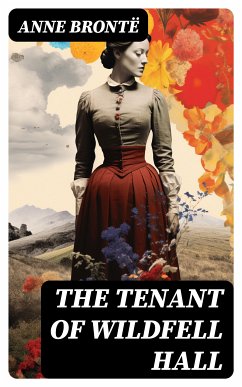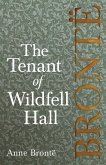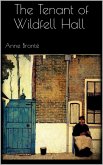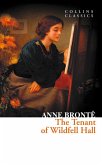In "The Tenant of Wildfell Hall," Anne Brontë crafts a compelling narrative that scrutinizes the constraints of Victorian gender roles through the lens of Helen Graham, a woman seeking independence from her abusive marriage. Brontë employs a realist literary style, utilizing letters and first-person narratives to elicit profound emotional connections while highlighting social issues such as alcoholism and women's rights. Set against the backdrop of nineteenth-century England, the novel not only serves as a critique of societal norms but also as a pioneering work that foreshadows feminist literature. Anne Brontë, the youngest of the famous Brontë sisters, drew from her own experiences and the harsh realities faced by women of her time. Having witnessed the destructive nature of patriarchal authority and domestic abuse, her writing often reflects a deep empathy for her characters and a strong moral conviction. "The Tenant of Wildfell Hall," published in 1848, challenges the passive female archetype prevalent in literature, showcasing Brontë's innovative spirit and moral fortitude. This novel is highly recommended for readers interested in feminist literature, social critique, and the complexities of human relationships. As a remarkable work that broke societal boundaries and illuminated the plight of women, Brontë's narrative remains relevant today, inviting contemporary readers to reflect on the timeless struggles for autonomy and justice.
Dieser Download kann aus rechtlichen Gründen nur mit Rechnungsadresse in A, B, BG, CY, CZ, D, DK, EW, E, FIN, F, GR, H, IRL, I, LT, L, LR, M, NL, PL, P, R, S, SLO, SK ausgeliefert werden.









